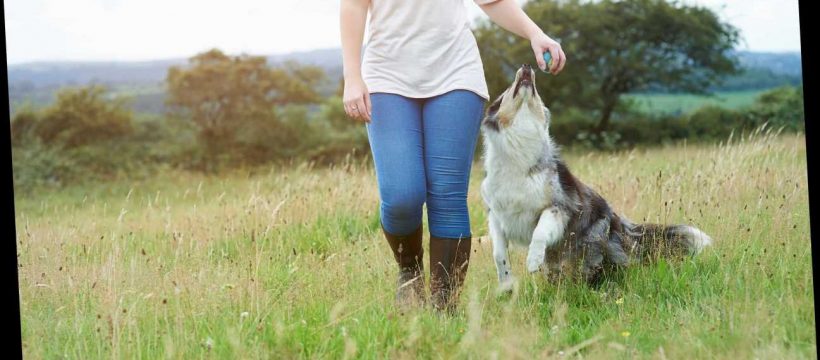DOG-OWNERS are 78 per cent more likely to catch the coronavirus and have been advised to take hygiene seriously when taking their pooch outdoors.
A new study claims to rate the riskiest activities when it comes to catching Covid-19 and experts say that supermarket home deliveries are actually riskier than going to the shop in person.
⚠️ Read our coronavirus live blog for the latest news & updates
Spanish researchers surveyed 2,086 people in Spain and around 41 per cent of the participants were aged between 40 and 54 years old.
The study, published in the journal Environmental Research, by the University of Granada and the Andalusian School of Public Health in Spain found that 4.7 per cent of the group had caught the virus at some point – this equated to 98 people.
The participants were quizzed on what activities they had undertaken.
The team stated that living with a dog and taking it for walks upped the risk by 78 per cent.
The experts stated that this could be due to the fact that when out walking, dogs may touch surfaces that are contaminated and then pass it on to their owners.
While it's not yet clear how animals spread the virus, the experts warned that dog owners should focus on hygiene such as hand washing and social distancing while taking their dogs out for walks.
The experts also found that accepting home deliveries from the supermarket – rather than physically going to a store raised the risk by 94 per cent.
It also found that working at the office, rather than working from home, raised the risk by 76 per cent.
Surprisingly a person’s risk only rose by 60 per cent if someone else in their household tested positive for the coronavirus.
The author of the study, Professor Cristina Sánchez González, said the results warn of increased contagion among dog-owners.
She said: “The reason for this higher prevalence has yet to be elucidated. Taking into account the current scarcity of resources to carry out the diagnosis of SARS-CoV-2 in humans, the possibility of diagnosis in dogs is extremely unlikely.”
She added that more research needed to be done to find out whether dogs spread the virus the same way as people and added that it could even spread through faeces.
Prof González said decisions to close areas such as playgrounds “didn’t make sense”, when areas such as dog parks were able to remain open.
She added that preventive measures were the “only salvation”.
“'In the midst of a pandemic and in the absence of an effective treatment or vaccine, preventive hygiene measures are the only salvation, and these measures should also be applied to dogs, which, according to our study, appear to directly or indirectly increase the risk of contracting the virus”, she said.
Source: Read Full Article



